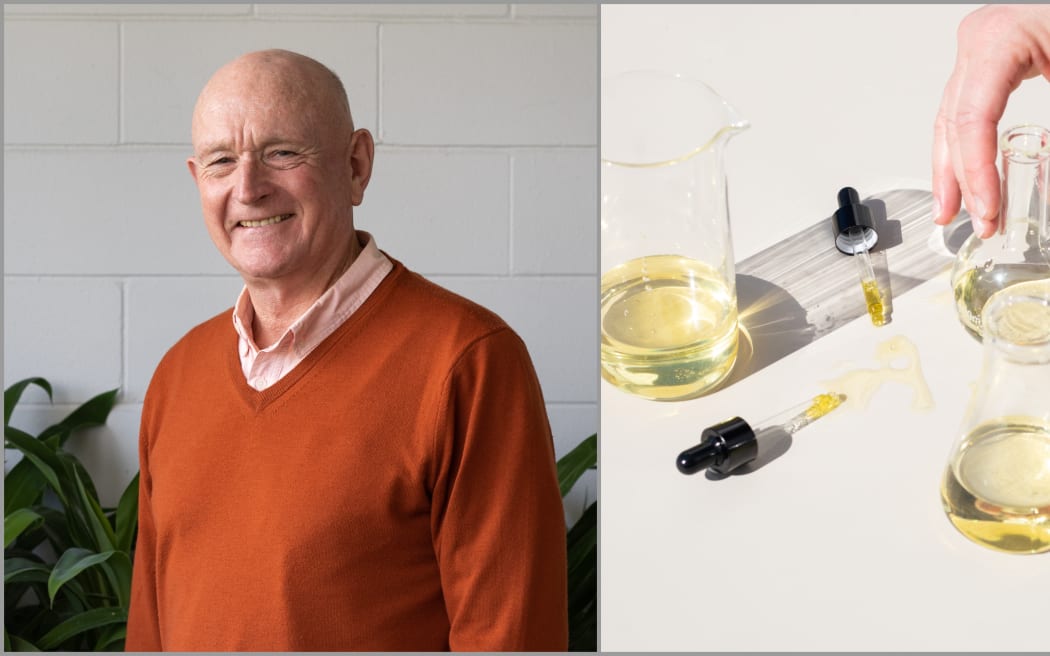Liquid gold': East Cape's mānuka oil and the company driving ... - RNZ
Oil from mānuka trees grown in East Cape is being used to develop treatment for skin infections that are typically treated with antibiotics.
Mānuka was used as a traditional medicine by Māori, and in the last few decades numerous studies have been done into its anti-microbial, antifungal and antibacterial benefits.

Photo: ManukaRx
One company driving the research is Manuka Bioscience, which manages six mānuka plantations in partnership with iwi landowners, some of whom are shareholders in the company.
It produces a range of products, including its ManukaRx skincare brand.
Trials into mānuka oil's efficacy in treating mild to severe eczema and impetigo - or school sores - is expected later in the year.
Oil derived from mānuka leaves has 80 natural compounds, Stuart Cairns co-founder of Manuka Bioscience, tells Kathryn Ryan.
"The three main compounds are the triketones, sesquiterpenes and monoterpenes and most of the research about the anti-microbial properties is around the triketones, oil from East Cape of New Zealand has about 20 to 30 percent triketones and other compounds in the oil," he says.
Trials have shown good evidence for its efficacy in skin infections such as eczema and impetigo, he says.
"Impetigo is typically treated with fusidic acid or Fucidin which is an antibiotic. We have trialled our product against fusidic acid and in the lab it shows that we're about 30 percent more effective than Fucidin.
Because there's 80 different compounds within the mānuka oil, and Fucidin is under sort of one chemical compound that's doing the job, over the period of the repairing the disease, the two weeks, the bacteria haven't really got time to build up that resistance to the 80 different compounds, whereas they have with the Fucidin."
This is an opportunity to tackle anti-biotic and anti-microbial resistance, he says.
The oil, which is steam distilled, is produced from plantations on the East Cape, he says
The plantations were put in five years ago, he says.
"If you can imagine vineyards, rows of mānuka plants, and their hedge rowed once or twice a year, and the leaves are taken off or taken away and steam distilled."
The industry is in its infancy but has great potential, he believes
"Just using the example of Australian tea tree oil, Australian tea tree oil, has predict annual production of around about 1000 tonnes of oil, and it's produced out of around 3000 hectares of land.
"We're producing the 10 tonnes of mānuka oil in New Zealand and mānuka oil is about 20 to 30 times more effective than tea tree oil."
He sees it having a similar trajectory to mānuka honey.
"Twenty years ago, mānuka honey exports were about $20 million and are projected now in 2030 to be a billion dollars. We see this as having as much potential as honey."
Comments
Post a Comment